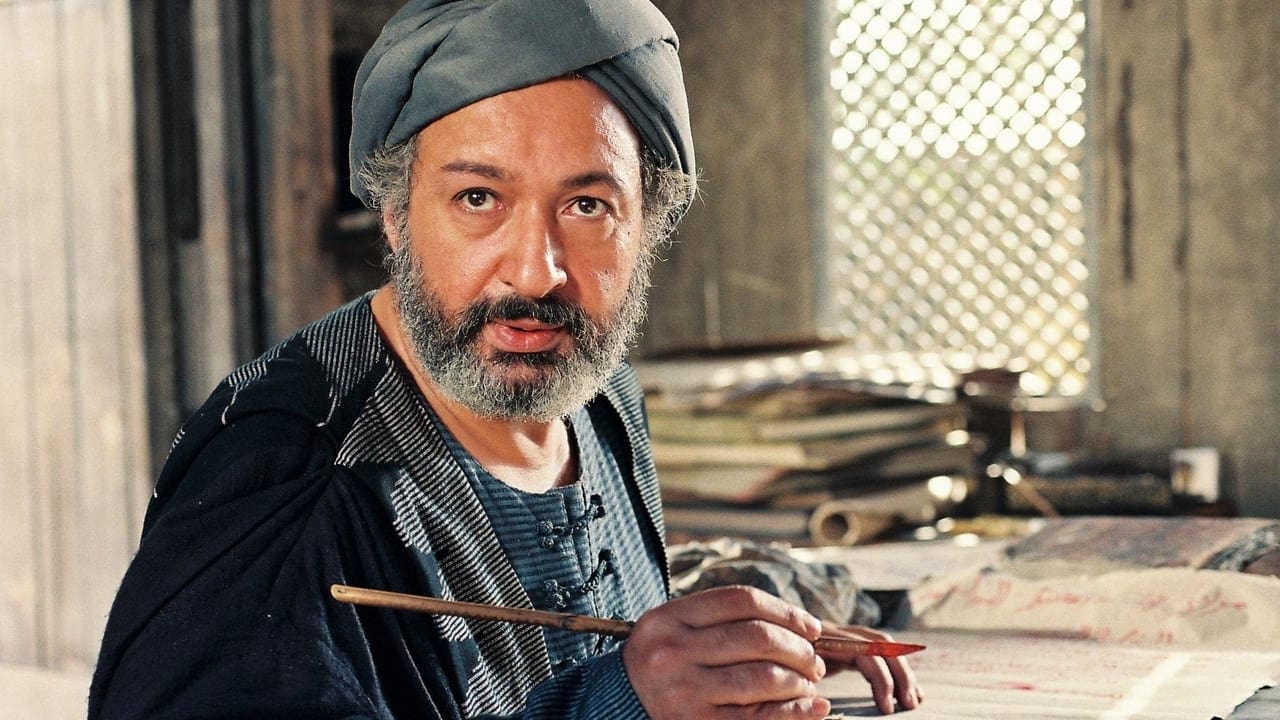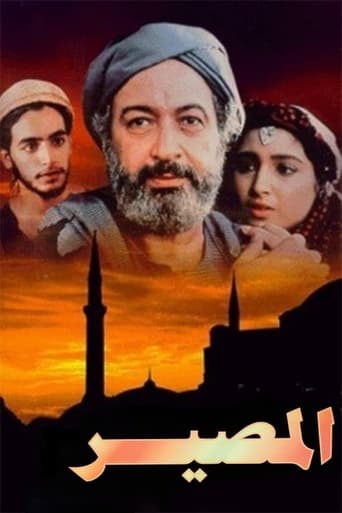Claysaba
Excellent, Without a doubt!!
Beystiman
It's fun, it's light, [but] it has a hard time when its tries to get heavy.
Janae Milner
Easily the biggest piece of Right wing non sense propaganda I ever saw.
Derry Herrera
Not sure how, but this is easily one of the best movies all summer. Multiple levels of funny, never takes itself seriously, super colorful, and creative.
pantunes
Ocidentals tend to see other cultures as exotic and bizarre. This is a lesson about Europe and Muslims, about Mourish culture in Iberia and about religious extremism and freedom of thinking. I loved it. My country would be much more poor if it had not been included in Mourish Iberia in a time when christians were in the dark age. The music is fabulous. I'm very curious about other works from Youssef Chahine but unfortunally i don't believe they will ever be in Portuguese cinemas.
Rasha.M.
I saw the film a couple of years ago. I thought it was a very good film. It dealt with terrorism, its origination and its effects on the youth and society of 12th century Arabia, which forms a present and alive problem in modern Arabia.
The film had a great deal of technique and style. Although the film is set in the past, the language of the script is in colloquial Arabic, which is spoken on the streets of Egypt at this point in time. Making delivering the content of the words more important than giving the audience a believable setting. Aside from being a historical representation it was a philosophical thought on religion, society and politics. Some of the obvious themes in the film were as follows. The freedom of thought expressed in the power of the written and spoken word as a form of representation of the people, what they stand for, and their sufferings. In addition to the self and social destruction caused by ones political motivation hidden behind a religious façade. Finally the film brings great memory of Francois Truffaut's –`Fahrenheit 451'-. In making the point that one can burn all the books in the world, but that would never take what is in the books away from the people, because true words, weather written or memorized, are humanities memory and being till the end of time. Both films complement each other, one can darlingly view, `Al-Massir' as the beginning of a time that was elaborately explored in `Fahrenheit 451.' Both films had the same ending, in which the books were burnt and the words were kept in the memory of the people, independent of what the present political power did. The words of scholars, philosophers and story tellers live forever.
mifunesamurai
This film has got the lot. It's a musical, a romance, adventure, politics and more if you want it. Great fun to be had on a serious matter concerning the hypercritical religions.
khachaba
The movie is simply great. So beautiful, so entertaining, so well-made. As beautiful as I had expected from yousef shaheen, the director, as a leader of the modern Egyptian movie making. The ideal declared by the film is a throbbing hot one. Liberal thought and freedom from all pre-made and superimposed thought is a subject that I never saw treated in such an open manner, especially in a conservative society like the Egyptian one. The Camera playing, the lighting modules, the music, the positioning of the right song in the right situation are all points that count on the director's side. The scene where the Khaleefa says: "I'm the Andalus" with him being zoomed out to appear dotted in the centre of the screen, is one scene that I don't think will forget. The actors choice was also very successful. If you have never seen an Egyptian film before, this is a good one to start with.


